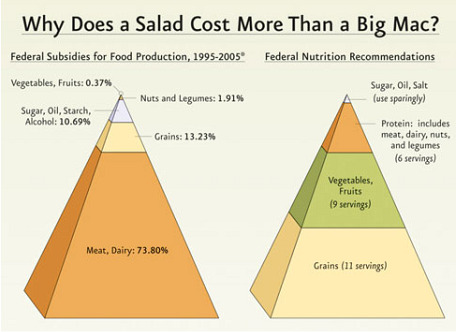About the last thing we need now is a newspaper war, but Rupert Murdoch is Rupert Murdoch, so here we go.
Crain’s New York looks at the looming Battle for New York, for which the air war has already started. You can see why Rupert, bolstered by his Avatars and his Glenn Becks, thinks he has a lot to gain:
One of the interesting facts coughed up in the new ad campaign is the Times’ print circulation figure for the New York market: 428,228. That’s greater than the Journal’s 249,267, but it still represents a more than 20% drop from the number of New York-area copies the Times sold just a few years ago.
More interesting (avert your eyes from the annoying people in the ad) is that the Times claims that its weekday readership among “business professionals” is more than twice that of the Journal in New York. Rupe justifiably sees a juicy target in those 400,000 WSJ-less readers.
— The Journal‘s Dennis Berman has a good column looking at the Fed’s army of bank examiners and how it has short-armed regulation.
And yet for all their dedication, the examiners appeared to be working with a very narrow mandate.
As Mr. Corkery pointed out, examiners are “not auditors.” Instead they serve more as government-paid consultants, helping banks identify portfolio risks and correct them. Even after the greatest banking crisis in generations, Mr. Corkery said he is “not sure there have been any radical changes” in how he does his job.
The takeaway:
With all the Fed’s brainpower and reputation, it is easy to see why Sen. Dodd views the central bank as the best place for improving safety of our banks.
But from a brief visit inside, it is clear that reform must begin at the Fed itself.
— Check out this graphic Barry Ritholtz posts comparing credit-card disclosure forms from 1980 to today.
It illustrates one aspect of Elizabeth Warren’s idea of the “complexity machine” the financial industry has built to protect itself from unwanted scrutiny—and to get your money, of course.
— This is a must-see chart on how government subsidies skew food priorities: “Why Does a Salad Cost More Than a Big Mac?”

According to the Physicians Committee for Responsible Medicine, meat and dairy production get 74 percent of federal food subsidies. Fruits and vegetables? Try 0.37 percent.
(h/t Amanda Brown via Consumerist)
— (UPDATED TO ADD ITEM) Clusterstock’s John Carney responds to my criticism of his anti-prosecution stance on Lehman Brothers.
But, as far as I can tell, Lehman’s executives did not do anything that rises to the level of criminality. So far no one—even Ryan Chittum—has offered a satifactory explanation about why the Repo 105 transaction should be considered criminal. Which leaves me to suspect that much of the desire to see the likes of Dick Fuld go to jail is rooted in a desire to punish him for the failure of Lehman.
Cooking the books isn’t obviously criminal?
Ryan Chittum is a former Wall Street Journal reporter, and deputy editor of The Audit, CJR’s business section. If you see notable business journalism, give him a heads-up at rc2538@columbia.edu. Follow him on Twitter at @ryanchittum.
